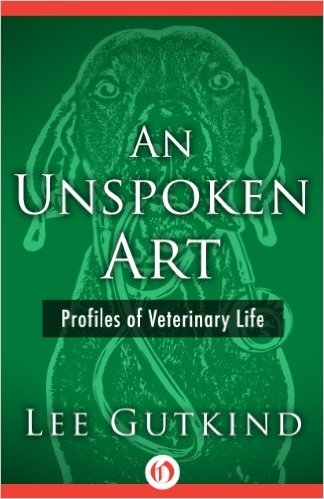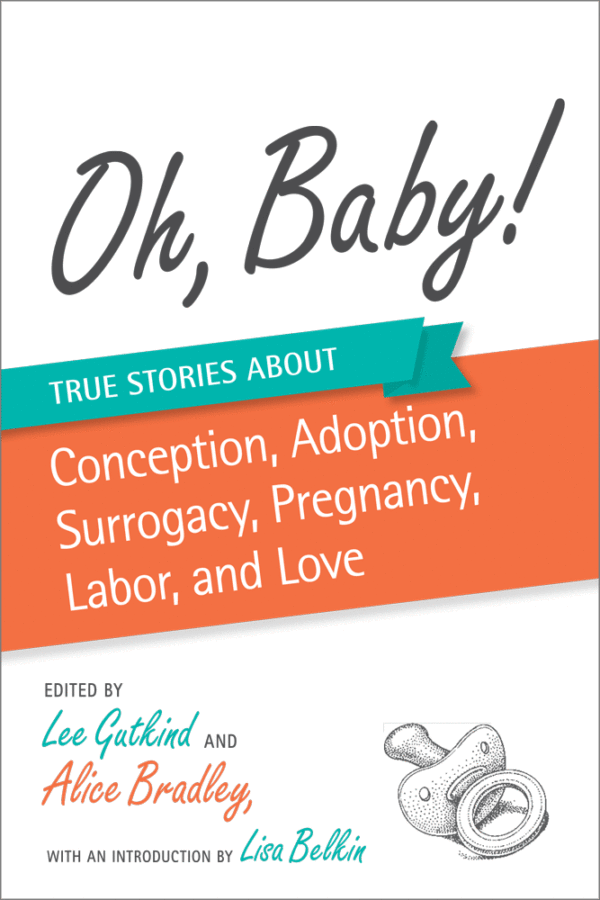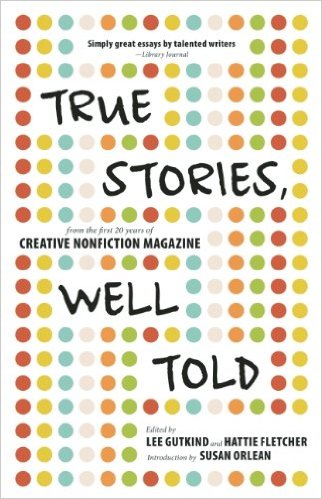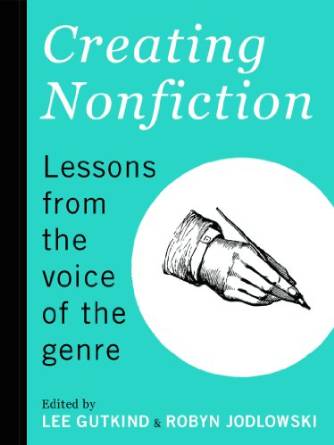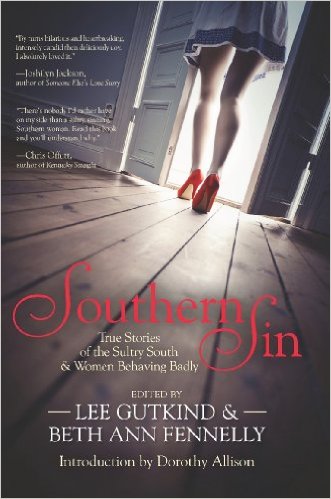An Unspoken Art
Profiles of Veterinary Life
An Unspoken Art is an insightful look at the individuals who dedicate themselves to the care of creatures, and of the enduring bond between people and animals.
Reviews
Ever since James Herriot captivated readers with his stories of veterinary medicine in England, we have been fascinated with the lives of veterinarians. Gutkind explores a community that most people know little about, profiling a broad range of practitioners and documenting how the profession has changed since Herriot’s day. One change Gutkind documents is the gender shift in veterinary medicine: 7 of 10 students currently admitted to veterinary school are women. Moving from the rarefied atmosphere of Manhattan and the pets of the well-to-do to veterinary work in research laboratories and emergency clinics, from surgery on racehorses in well-equipped modern hospitals to surgery performed on farm and zoo animals using makeshift operating theaters, the author provides an excellent overview of the options available in today’s veterinary work. By also documenting the dedication to the psychological as well as the physical well-being of their patients, Gutkind affords an appealing and well-written profile of veterinary life that is recommended for all libraries. Nancy Bent
—Booklist
Admiring, vivid portraits of a handful of veterinarians from Gutkind (Stuck in Time, 1993, etc.). Start with an obvious though essential point, suggests Gutkind: Veterinarians deal with patients who can’t speak to them of their pains and worries. So vets, the good ones, have to communicate in other ways. They practice the ancient art of the laying on of hands, offering a gentle caress, a soft murmur, establishing a link that Gutkind finds missing in much human medicine: a devotion to the psychological well-being of the patient (though it might be argued that doctors of human medicine–the good ones, at any rate–haven’t lost that touch). As Gutkind makes the rounds of various veterinary climes–from tony, high-fee Manhattan practices to mucky farms, from cutting-edge animal hospitals to zoos and exotic wildlife menageries–he encounters an extraordinary group of doctors, all of whom possess quick wits (on isolated farms, one must excel at improvisation when treating very sick patients), special diagnostic skills (animals often mask symptoms- -in the wild it is best to hide one’s handicaps), and a shrewd awareness of the people, often superstitious or eccentric, in the picture. He tags along as the vets go about their tasks, watching as they repair a reindeer’s hernia and diagnose a racehorse’s displaced palate. He visits a village of HIV-infected chimps (they enjoy watching Geraldo on TV); he witnesses gut-wrenching scenes in ICUs; he mulls over the act of euthanasia and the question of whether vets should specialize or remain “doctors for all seasons, all maladies, all species and breeds.” Gutkind did his homework and has come away with a good story. His writing, while it can be dramatic, has the same soothing, inspiriting effect on the reader that a veterinarian–a good one- -has on a patient. — Copyright ©1997, Kirkus Associates, LP. All rights reserved.
—Kirkus Reviews
